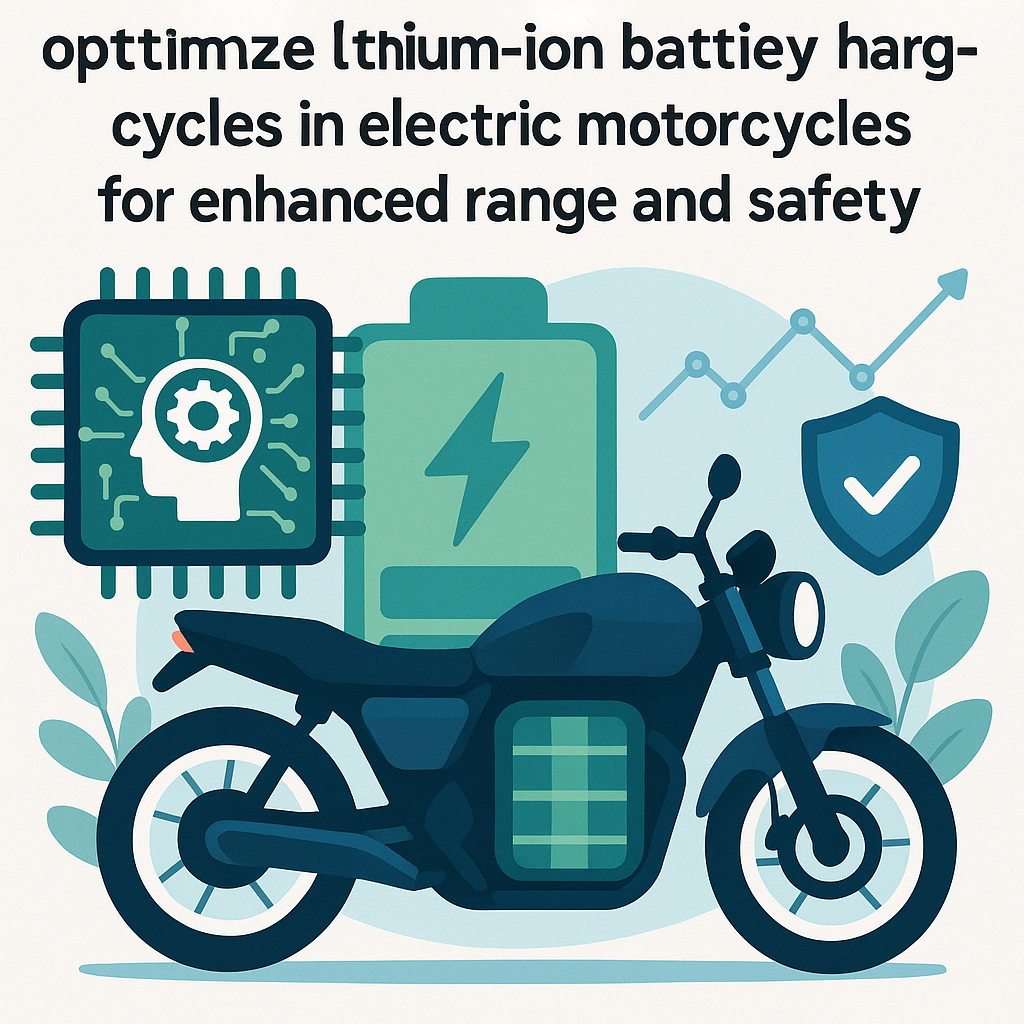Introduction
The electric motorcycle industry is experiencing a significant shift with the release of a new AI-driven Battery Management System (BMS) controller chip. This innovative technology is designed to optimize lithium-ion battery charging cycles, ultimately enhancing the range and safety of electric motorcycles. In this blog post, we will explore how this new chip works, its benefits, and its potential impact on the future of electric motorcycles.
Understanding the AI-Driven BMS Controller Chip
The AI-driven BMS controller chip is a sophisticated component that intelligently manages the charging and discharging processes of lithium-ion batteries. By utilizing artificial intelligence, it can analyze various factors and make real-time decisions to optimize battery performance.
Key Features of the New BMS Controller Chip
- Real-Time Monitoring: The chip continuously monitors battery health, voltage, temperature, and current, ensuring optimal operating conditions.
- Adaptive Charging Algorithms: It employs machine learning algorithms that adapt charging cycles based on user behavior and battery condition.
- Enhanced Safety Protocols: The chip includes advanced safety measures to prevent overheating, overcharging, and short circuits.
- Data Analytics: It collects and analyzes data over time to provide insights on battery usage and lifespan, helping users optimize their riding experience.
Benefits of Optimizing Lithium-Ion Battery Charging Cycles
Optimizing the charging cycles of lithium-ion batteries has several important benefits for electric motorcycle users:
1. Enhanced Range
By intelligently managing the charging process, the AI-driven BMS controller chip can extend the overall range of electric motorcycles. It achieves this by:
- Reducing energy loss during charging.
- Optimizing the depth of discharge, allowing users to utilize more of the battery’s capacity without compromising its health.
2. Improved Battery Lifespan
Frequent overcharging and discharging can significantly shorten a battery’s lifespan. The new chip addresses this issue by:
- Implementing adaptive charging strategies that minimize stress on the battery.
- Monitoring cell balance to ensure even wear across all cells, thus prolonging overall battery life.
3. Increased Safety
Safety is paramount when it comes to electric vehicles. The AI-driven BMS controller chip enhances safety through:
- Real-time detection of abnormal conditions, allowing for immediate corrective actions.
- Preventing scenarios that could lead to thermal runaway, which can result in fires or explosions.
Impact on Electric Motorcycle Market
The introduction of this advanced BMS controller chip is poised to have a significant impact on the electric motorcycle market:
1. Greater Adoption of Electric Motorcycles
With improved range and safety features, more consumers are likely to consider electric motorcycles as a viable alternative to traditional gas-powered bikes. This shift could lead to:
- Increased sales for manufacturers.
- A broader acceptance of electric motorcycles in various markets.
2. Innovation in Battery Technology
The integration of AI in battery management systems can inspire further innovations in battery technology, potentially leading to:
- The development of more efficient and higher-capacity batteries.
- New technologies that could reduce the environmental impact of battery production and disposal.
3. Competitive Edge for Manufacturers
Manufacturers that adopt this technology early on may gain a competitive advantage in the market. The benefits include:
- Improved customer satisfaction due to enhanced performance and safety.
- Attraction of tech-savvy customers who prioritize innovation and sustainability.
Conclusion
The release of the new AI-driven BMS controller chip marks a significant milestone in the electric motorcycle industry. By optimizing lithium-ion battery charging cycles, this technology not only enhances the range and safety of electric motorcycles but also paves the way for broader adoption and innovation in the sector. As manufacturers begin to integrate this advanced technology into their designs, we can expect to see exciting developments that will shape the future of electric motorcycles and sustainable transportation.



